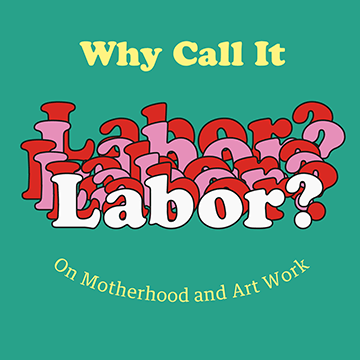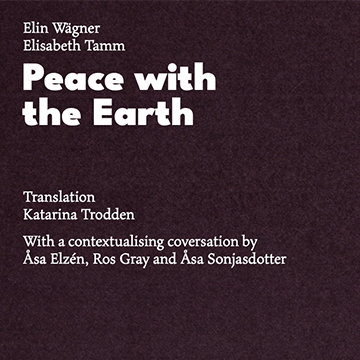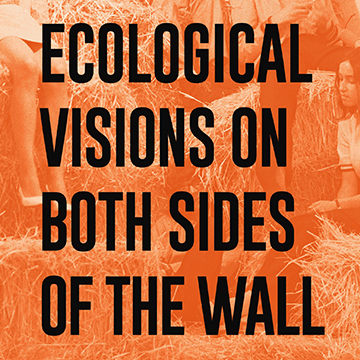Why Call It Labor? comprises four essays and one conversation with contemporary artists and curators discussing their experience of becoming mothers as professionals in the arts, its reality and effects. While their reflections represent a similar strata of art worker in terms of background, class, and career trajectory, the impact of instruments of patriarchy on rendering maternity invisible that they describe is recognizable and insidious.
Tag: patriarchy
Peace with the Earth
The pamphlet Peace with the Earth was published by the Swedish suffragettes and peace activists Elisabeth Tamm and Elin Wägner in 1940, after the outbreak of the Second World War. Elisabeth Tamm served as one of the first women in parliament and was an organic farmer. Elin Wägner worked as a writer and activist on matters of women’s rights, peace, and ecology, and was a member of the Swedish Academy. The authors’ observations and proposals connect questions of agriculture to those of custody of land and habitats, where the ‘arrogant desire’ to own land must be overcome.
Earthrise
There is no question that ecological ideas acquired a central role in contemporary episteme. In contrast, the heuristic function that these ideas can assume in the current polarisation is questionable: that which, over the last decade, has identified the environmental crisis with the (categorical and totalitarian) concept of the Anthropocene. Ecological discourse positioned itself inside historically situated trajectories that contributed to the transformation of aesthetical paradigms and political practices. In the scenario that 1968 opened up, the transversal nature of subjectivity allowed it to cover different fields, beginning with the tension between the logic of a unitary discourse and the creation of a multiplicity of possible worlds, between the molar and the molecular, the micro and the macro.


